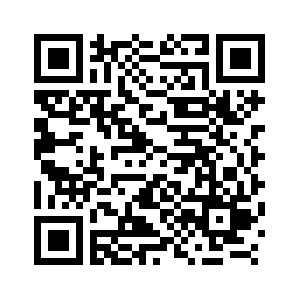KIGALI, Nov. 14 (Xinhua) -- Hundreds of Rwandans in Kigali, Rwanda's capital, tried to walk a very difficult path last week as part of events to raise awareness about the rights of the visually impaired in the country.
Marking the White Cane Week that ran from Nov. 7 to 14 in the east African country, several individuals with clear sight were blindfolded and asked to use their canes to walk as a way of associating with the blind. They later also ate blindfolded at a hotel in Kigali during a "dinner in the dark" that blind individuals have to go through daily.
The experience would give them an idea of the pressing need to break down society's attitudes toward people with visual impairment.
The 24-year-old Denyse Isabane, a law student in Kigali, was one of the participants in the walk dubbed "street challenge".
Isabane told Xinhua the walk was something touching to her heart as she has a friend who is blind.
"The experience helped me see what daily life was like for blind people. People need to understand more about special needs," she said after trying to march blindfolded.
"There is a need for more people to understand the issues of people with visual impairment. More awareness campaigns are needed in different towns. People with visual impairment are part of us," she said.
Annysie Byukusenge, who is visually impaired, said such events help raise awareness and could help minimize cases of accidents involving the blind.
"The whole society needs to know the plight of blind people. Some know but they don't really realize the suffering we go through," she said, adding that her white cane was once knocked by a reckless motorist.
"It is incumbent upon motorists to stop when they see a blind person crossing the road. The public also needs to be educated especially to fight a social stigma. It can slowly change as more people are sensitized," she added.
Beth Mukarwego, president of the National Union of Disabilities' Organizations of Rwanda, said the white cane is important because it gives blind people independence.
She used the occasion to appeal to the government to include the white cane among services covered by health insurance in order to ease access.
The majority of people with visual loss in Rwanda are not able to own a white cane because of cost.
On average, a white cane costs about 20 U.S. dollars with out-of-pocket payment, but health insurance could make it more affordable, she said.
Donatille Kanimba, the executive director of Rwanda Union of the Blind, said it can increase access with insurance coverage where a person pays 10 percent of the price. "The demand for white canes is high. Besides the new ones, even old ones need replacements."
The Rwanda Union of the Blind said that there is still violence against visually impaired people in Rwanda, including cases of theft of their white canes. ■



